Every room with high humidity should have a dehumidifier. Humidity can be a problem if you live in a humid region or if your home is poorly ventilated. Activities such as cooking and hot showering also increase indoor moisture levels.
Humidity isn’t the same in all rooms. Some rooms, such as kitchens and bathrooms, are damper than others. The activities you do or simply the location of the room make it more humid. If you ignore these rooms, moisture can spread throughout your home.
Let’s find out in detail which rooms need air dehumidifiers and when you should install a whole-house dehumidifier. And, how they can improve your home's comfort and air quality.
What Rooms Should Have a Dehumidifier?
Dehumidifiers are important for all rooms prone to excess moisture. You might need to have them in your bedroom as air quality can affect your sleep quality. If you don’t, excessive moisture can make your sleeping space uncomfortable and even promote mold growth.
Let’s take a quick look at all the rooms where using a dehumidifying system can make a big difference.
1. In the Kitchen
The kitchen is one of the rooms most prone to high humidity. Frequent activities such as cooking, using electrical appliances, and washing dishes humidify the air in your kitchen. While ensuring proper ventilation like opening windows can help, you might need a dehumidifier particularly when you cook frequently.
A dehumidifier removes excess moisture and cooking fumes from your air. This helps prevent, condensation on walls and surfaces and mold growth in hidden areas. If your kitchen is highly humid, consider using a large humidifier with a higher capacity.
2. In the Bathroom
Bathrooms usually experience high levels of moisture due to frequent use of water. Humidity is actually water droplets that enter the air. So, hot showers, bathtubs, and open faucets can create a lot of moisture in the air. These high levels of humidity stay even after proper ventilation, such as opening windows. Even using exhaust fans can’t be effective in certain cases. You need to use a high-capacity dehumidifier to reduce moisture. Otherwise, if moisture lingers for longer periods, it can lead to mold growth, mildew, and bacteria.
Placing a dehumidifier in your bathroom helps prevent these problems. This not only makes your bathroom comfortable but also prevents your wallpaper and paint from peeling. Remember, a standard dehumidifier with a HEPA filter can efficiently remove moisture, but it can’t remove unpleasant odors. To remove the unpleasant smells, you need to choose a dehumidifier with an activated carbon filter.

3. In the Basement
Basements and crawlspaces are prone to high humidity due to their proximity to the ground and poor ventilation. These spaces are more likely to experience water seepage, particularly during humid climates and rainy seasons.
Often, these spaces are poorly ventilated. So, moisture lingers and leads to condensation. This can cause potential damage to your goods and property, such as concrete floors and walls. Also, high humidity can damage any items and goods that you have stored in these spaces.
So, you need to use a dehumidifier to protect both your property and goods. Remember, a standard dehumidifier might not work well if your basement conditions are too harsh. Therefore, you need a dehumidifier for basements, specifically designed for harsh conditions.
4. In the Bedroom
Why should you have a dehumidifier in your bedroom? This is the place where you spend a large portion of your time, right? Excessive moisture in this room can lead to restless nights and may even cause health issues if not addressed in time.
By using a high-quality dehumidifier, you can promptly make your bedroom environment healthy and comfortable. It removes airborne allergens and helps reduce humidity to a healthier range between 30% to 50%.
5. Living Rooms
In living rooms with poor air circulation, you may also experience high humidity. This is common in houses with a lot of people. Those who have many pets might also experience high humidity in their living spaces and family rooms
High humidity dampens your carpets, and furniture and damages electronic appliances. A portable dehumidifier is a handy tool to keep your living space cooler and comfortable, especially in humid months.
6. Storage Areas
High humidity in storage areas can be detrimental to stored items. For example, moisture can damage your clothing and linens stored in your closet. If left unchecked, this can lead to mold growth and musty smells.
So, if you notice that your stored items in the closet feel sticky and smell musty, you need to look for ways to fix this issue. One of the simplest and most effective solutions is to use a small dehumidifier in these spaces.
A small portable dehumidifier can be an effective tool to remove moisture from your storage rooms and closets. This protects your valuable possessions from potential damage due to high humidity.
Using a dehumidifier isn’t limited to only these spaces. You can use a dehumidifier in any space with high humidity. Other spaces that might require a unit include attics and laundry rooms. So, look for all parts of your home with humidity signs such as condensation and musty smells, and treat them in time.

Should You Consider a Whole-Home Dehumidifier?
You can use a regular portable dehumidifier to remove moisture from a single room. This can be an effective solution in most cases when conditions aren’t too harsh. However, you need a heavy-duty dehumidifier to address humidity issues in large spaces and challenging areas such as basements.
If you are facing high humidity in multiple rooms, a whole-house dehumidifier might be a more suitable solution. It’s unwise to run multiple units in different rooms. A whole-house dehumidifier works with your existing HVAC system and removes humidity throughout your home.
By using a whole-home solution, you not only achieve more consistent results but also reduce energy waste. Power consumption increases when you use multiple units, which raises your energy bills.
Remember, controlling humidity isn’t only about your comfort; it’s also about protecting your belongings and health. So, you need to choose the option that best fits your home. For some homeowners, a whole-home solution works best. For others, portable dehumidifiers might be a more suitable option.
Read this to find out what dehumidifiers do for your health.
Conclusion
You can use a dehumidifier in any space with high humidity. You can also look for natural ways to remove excess moisture from your home. Ensure proper air circulation and ventilation to help reduce humidity. Sometimes, running exhaust fans can be very helpful, particularly in washrooms and kitchens. You can ensure good air circulation by opening your windows.
However, these natural ways don’t work all the time, particularly when you live in humid regions. If your indoor conditions are too harsh, you can use a high-quality dehumidifier to deal with it. Not all dehumidifiers work best in all conditions. Each type of dehumidifier is designed to address different spaces and conditions. A standard portable dehumidifier works well for your bedroom, but it can’t effectively treat the extreme conditions in a crawl space. You need to choose a dehumidifier with a capacity that suits the size and conditions of your space.
If you need help choosing the best dehumidifier for your home, you can explore our website or contact our support. At Baseaire, our representative will help you find a suitable solution.

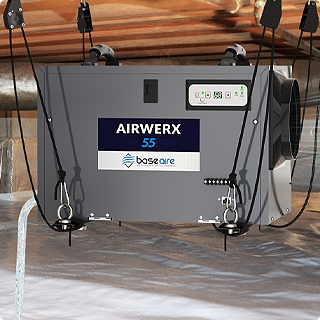
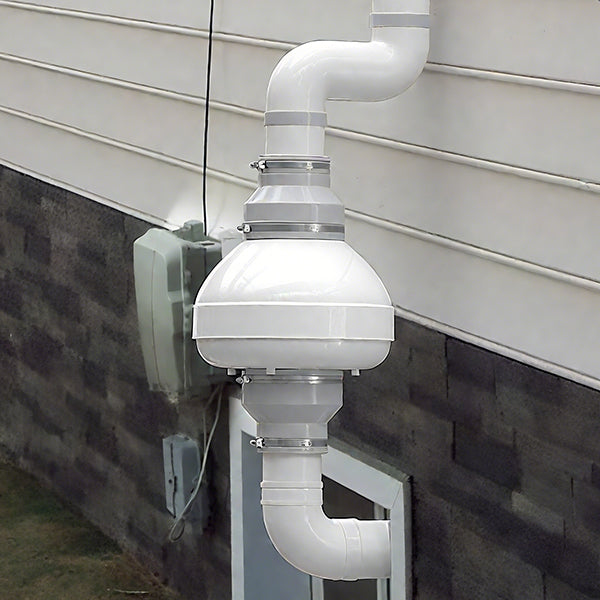
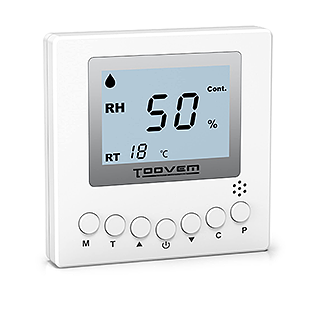
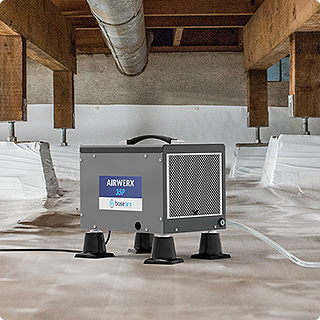
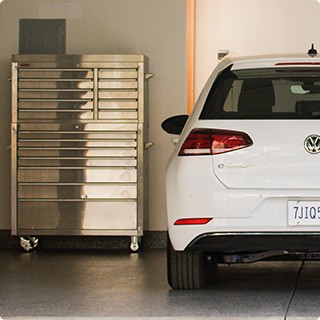
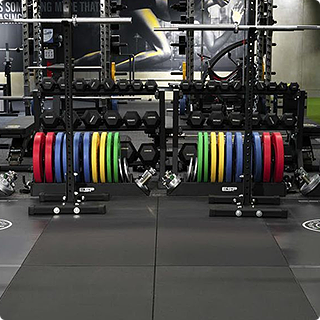


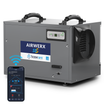
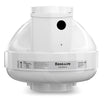
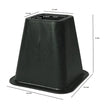
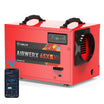

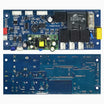
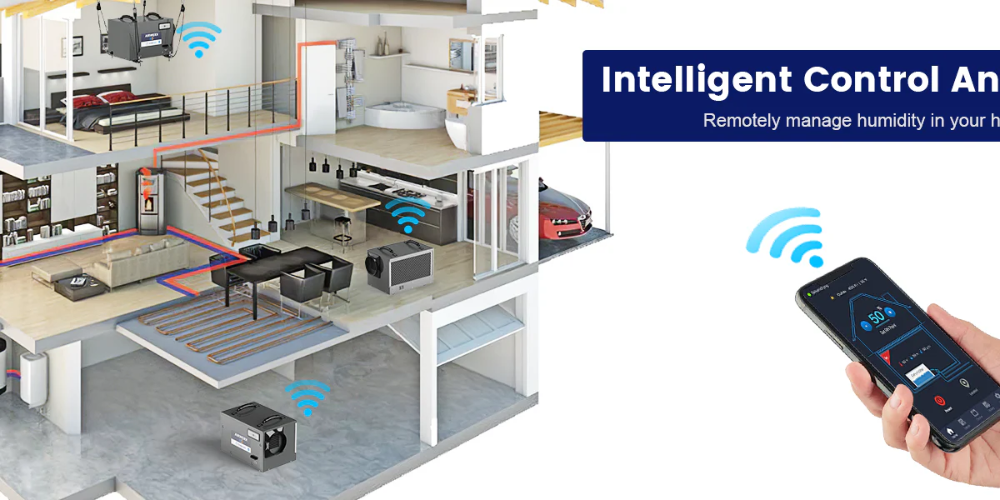
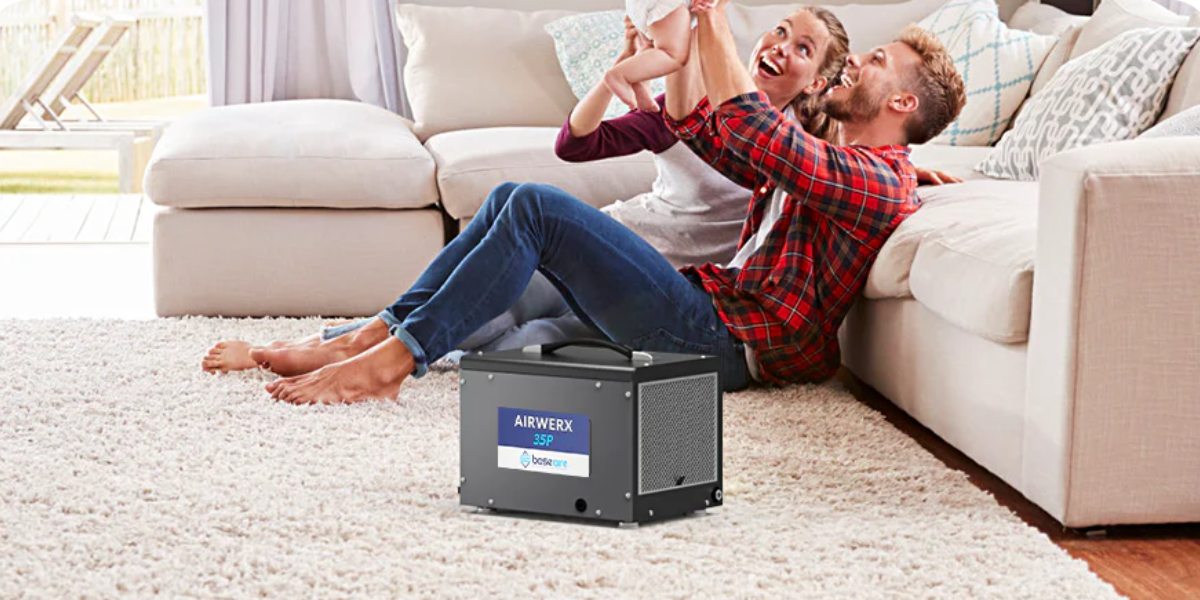

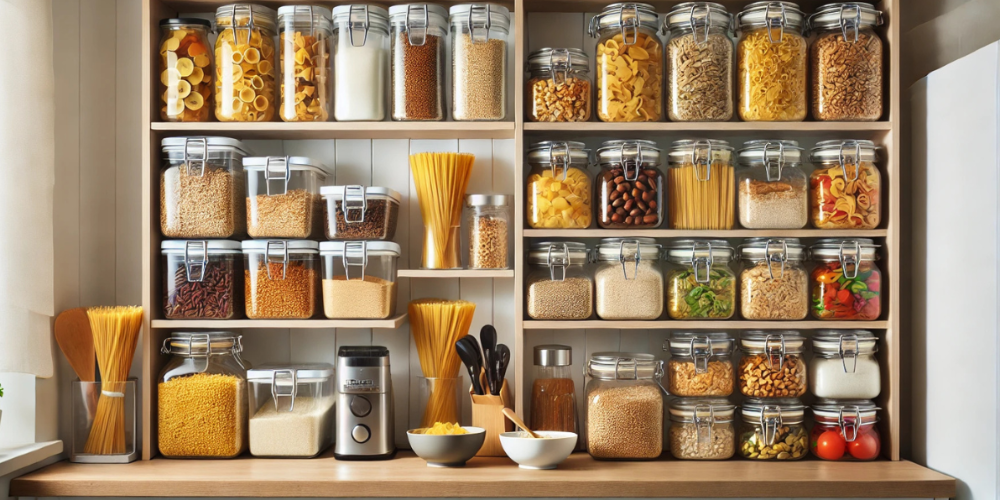




Leave a comment
All comments are moderated before being published.
This site is protected by hCaptcha and the hCaptcha Privacy Policy and Terms of Service apply.